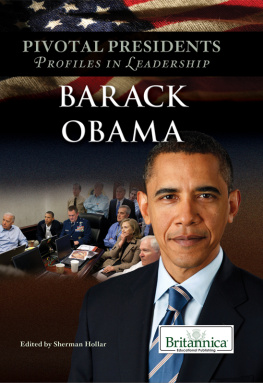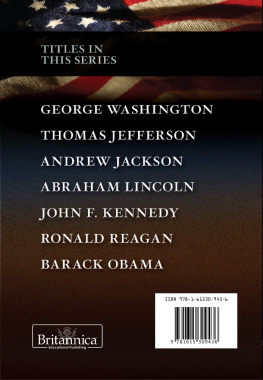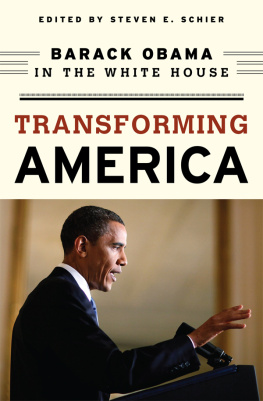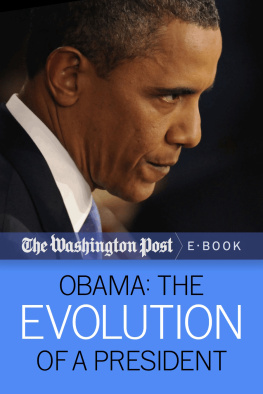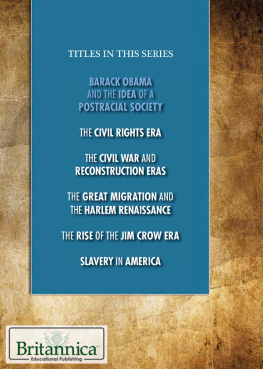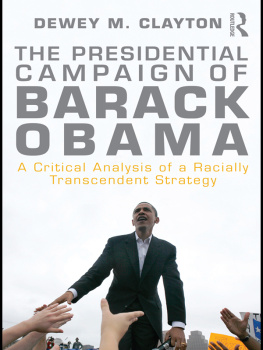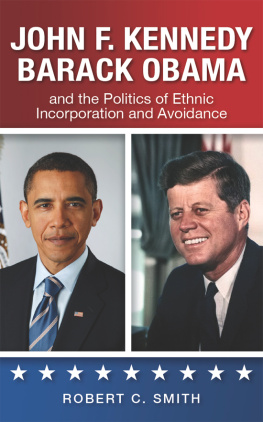

Published in 2013 by Britannica Educational Publishing
(a trademark of Encyclopdia Britannica, Inc.) in association with Rosen Educational Services, LLC
29 East 21st Street, New York, NY 10010.
Copyright 2013 Encyclopdia Britannica, Inc. Britannica, Encyclopdia Britannica, and the Thistle logo are registered trademarks of Encyclopdia Britannica, Inc. All rights reserved.
Rosen Educational Services materials copyright 2013 Rosen Educational Services, LLC. All rights reserved.
Distributed exclusively by Rosen Educational Services.
For a listing of additional Britannica Educational Publishing titles, call toll free (800) 237-9932.
First Edition
Britannica Educational Publishing
J.E. Luebering: Director, Core Reference Group, Encyclopdia Britannica
Adam Augustyn: Assistant Manager, Encyclopdia Britannica
Anthony L. Green: Editor, Comptons by Britannica
Michael Anderson: Senior Editor, Comptons by Britannica
Andrea R. Field: Senior Editor, Comptons by Britannica
Sherman Hollar: Senior Editor, Comptons by Britannica
Marilyn L. Barton: Senior Coordinator, Production Control
Steven Bosco: Director, Editorial Technologies
Lisa S. Braucher: Senior Producer and Data Editor
Yvette Charboneau: Senior Copy Editor
Kathy Nakamura: Manager, Media Acquisition
Rosen Educational Services
Hope Lourie Killcoyne: Executive Editor
Nelson S: Art Director
Cindy Reiman: Photography Manager
Karen Huang: Photo Researcher
Brian Garvey: Designer, Cover Design
Introduction by Hope Lourie Killcoyne
Library of Congress Cataloging-in-Publication Data
Barack Obama/edited by Sherman Hollar.1st ed.
p. cm.(Pivotal presidentsprofiles in leadership)
In association with Britannica Educational Publishing, Rosen Educational Services.
Includes bibliographical references and index.
ISBN 978-1-61530-948-1 (eBook)
1. Obama, BarackJuvenile literature. 2. PresidentsUnited StatesBiographyJuvenile literature. I. Hollar, Sherman, ed.
E908.B337 2010
973.932092dc23
[B]
2012034011
On the cover, p. 3: Behind the portrait of Barack Obama, 44th president of the United States, is a key moment from his presidency, showing Pres. Barack Obama (seated second from left) and various government officialsincluding Vice Pres. Joe Biden (seated left), Secretary of Defense Robert M. Gates (seated right), and Secretary of State Hillary Clinton (seated second from right)receiving updates in the Situation Room of the White House during the Osama bin Laden mission, May 2011. The White House/Getty Images
Cover, p. 3 (Obama portrait) The White House; cover, pp. 1, 3 (flag) iStockphoto.com/spxChrome; pp. 5, 14, 25, 34, 44, 72, 74, 77, 78 Fedorov Oleksiy/Shutterstock.com
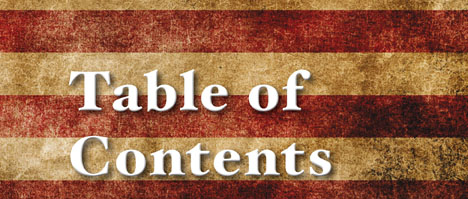
CHAPTER 3 NOMINATION AND
ELECTION

Following his victory speech on election night, Nov. 6, 2012, U.S. Pres. Barack Obama waves to supporters in Chicago, Ill. Chip Somodevilla/Getty Image
H istory, circumstance, and even nomenclature would seem to have been fairly strong bulwarks against the possibility of Barack Hussein Obama II ever becoming president of the United States of America.
History first. No black man had ever held the office. In fact, when Obama became a U.S. senator for Illinois in 2005, he was only the third African American since Reconstruction ended (in 1877) to have been elected to that body.
Circumstance. Obama was born in Hawaii. Another first for a U.S. president. (And consider that even two years after he was elected president, a CBS News poll reported that 25 percent of Americans did not believe that he was born in the United States.) What is more, Obama was born to a white (American) mother and black (Kenyan) father, the two of whom divorced when Obama was three years old. He then moved with his mother and stepfather to Indonesia, spending several years of his childhood there. Obamas upbringing was, for some Americans, all a bit foreign, alien, and undesirable.
And then theres nomenclature: his name. Barack? Not exactly from the usual pool of presidential first names. Further, his last name rhymes with the first name of the most notorious terrorist of our time: al-Qaeda leader Osama bin Laden. And as for the middle nameHusseinwell, that is also completely off the nomenclatural charts. (At an October 2012 charity event attended by both Obama and his 2012 Republican presidential rival, Willard Mitt Romneywho goes by his middle namethe president quipped wistfully: I wish I could use my middle name.)
So much for external variables. What about the man and the president himself? In this book, you will learn much about Barack Obamas life during both his pre-presidential and presidential years.
As for his presidency, so much happened during his first term alone that it might be illuminating for readers to simply see a list of some of the issues, challenges, and triumphs of those years:
- Obama is awarded the Nobel Peace Prize in 2009.
- Obama declares that he will close the military prison in Guantnamo Bay, Cuba, within a year of his becoming president. He fails to do so.
- An economic crisis had emerged in 2008 during the presidency of George W. Bush, which the newly elected Obama fights with a nearly $800 billion stimulus package. The influx of money was seen as the right move by many, but not all. One positive result was that it helps take General Motors from bankruptcy in June 2009 to financial recovery by May 2010.
- The politically conservative Tea Party movement, first mobilized in opposition to Obamas moves toward health care reform, is formed in 2009. Obama himself serves as a powerful recruiting tool, as the Tea Party ranks are swelled by Birthersindividuals who claim that Obama was born outside of the United States and thus was not eligible to serve as president (despite the fact that his birth certificate is ultimately made available to the public)as well as by those who consider Obama a socialist and those who believe Obama, who frequently discussed publicly his Christianity, is secretly a Muslim.
- The 2010 Deepwater Horizon oil spill in the Gulf of Mexico throws the region (and beyond) into economic and environmental turmoil. By the time the spill is brought under control in July 2010, an estimated 4.9 million barrels of oil had been released into the water. Following demands by Obama, the oil company BP creates a $20 billion compensation fund for those affected by the spill.
- America continues to be involved in wars in Iraq and Afghanistan. As promised, Obama ends one (Iraq) in 2010, and he pledges to end the U.S. involvement in Afghanistan by 2014.
- Political gridlock in Congress, notably after the midterm elections of 2010, dramatically stalls legislative progress.
- Uncomfortably high unemployment rates and an overall slow economic recovery continue to rattle the nation.
- President Obama deals with the various forms of rising instability in the Middle East by sending messages of support to demonstrators with democratic aspirations and involving the U.S. military (for a brief time) only in the Libyan Revolt of 2011.

